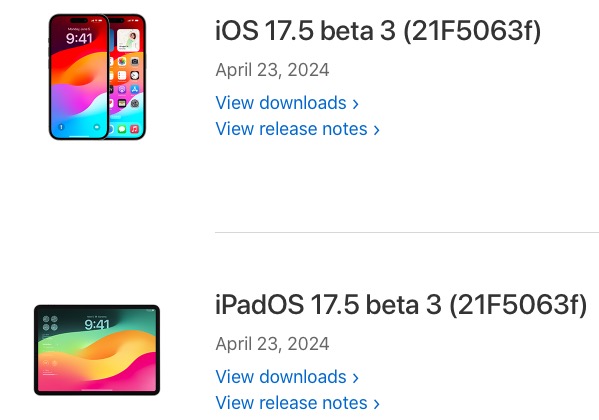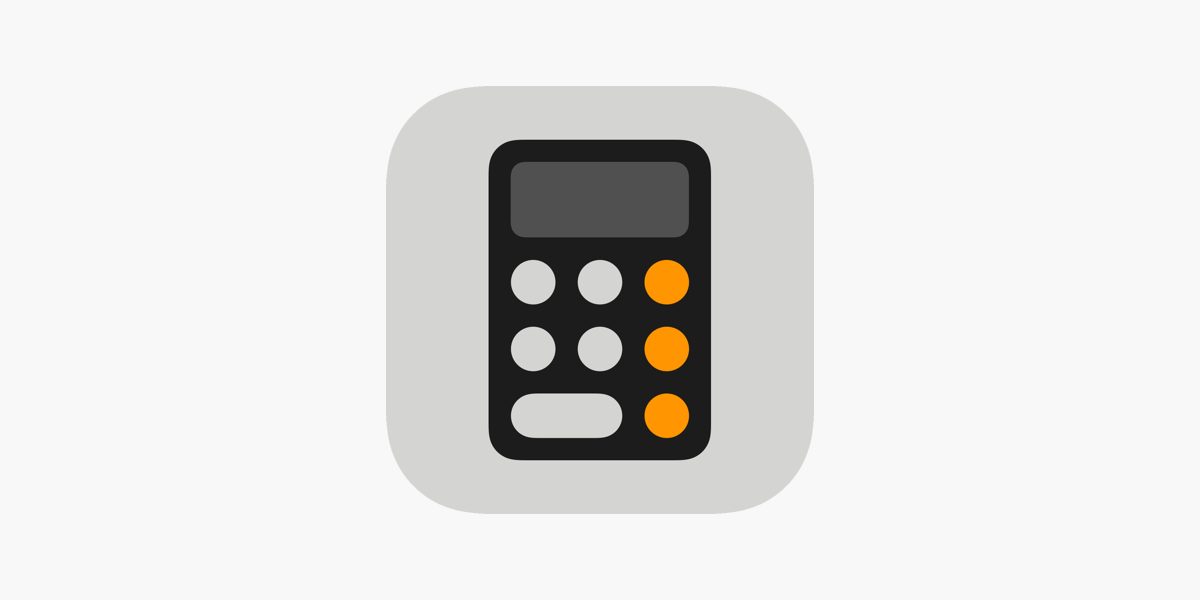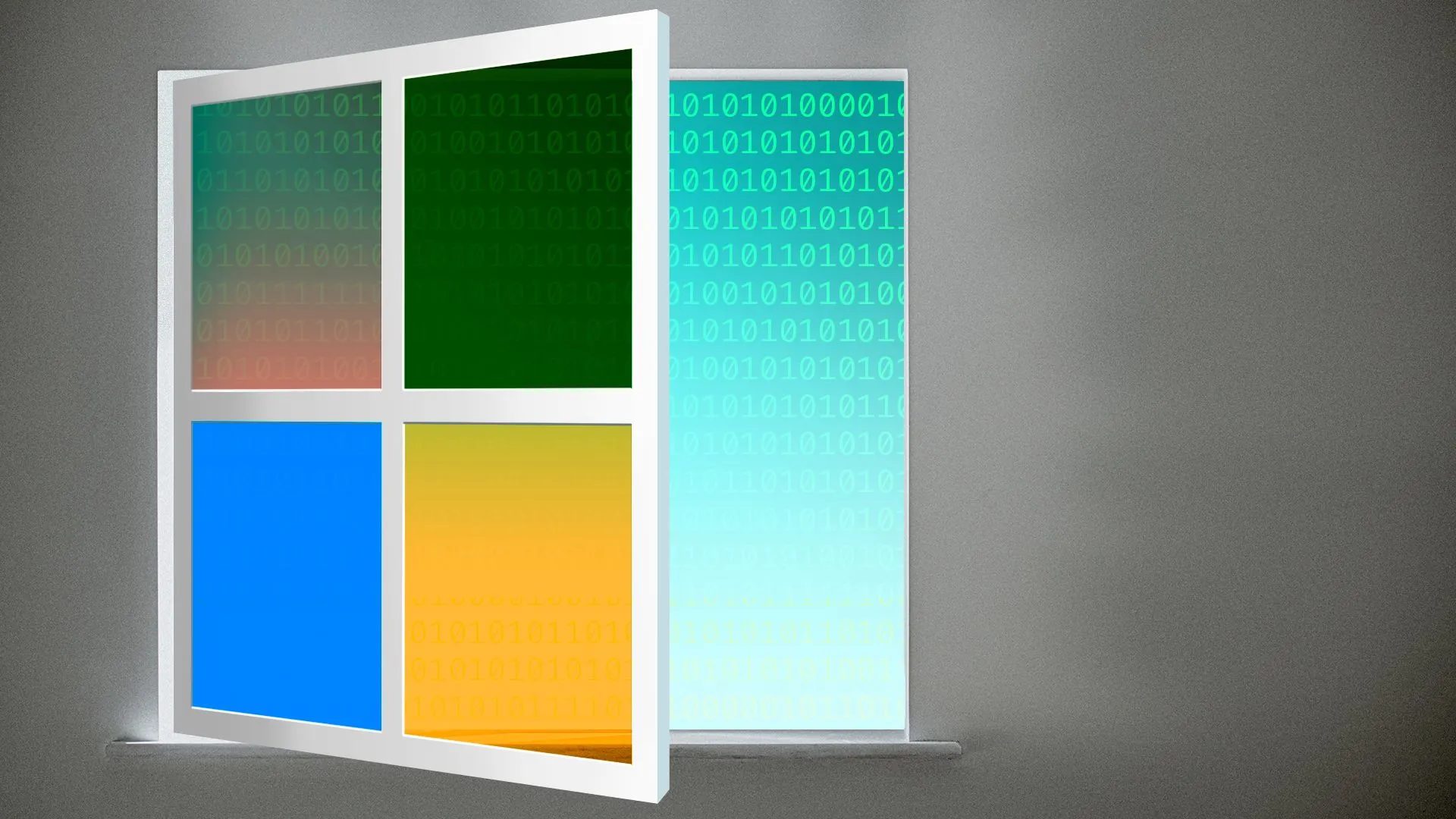
Volunteers From Big Tech Build User-Generated COVID-19 Tracker
With the coronavirus pandemic still accelerating in many parts of the world, individuals are coming up with contributions in varying shapes and forms.

One such contribution, angled at American individuals to track the spread of the coronavirus in the country, is covidnearyou.org — a free to use tracking website that offers you details about the spread of COVID-19 across the United States.
Created by epidemiologists and software developers at Harvard, Boston Children’s Hospital and a group of volunteers from across the technology industry including companies like Amazon, Alphabet, and Apple, COVIDNearYou uses crowdsourced data to visualize maps to help citizens and public health agencies identify current and potential hot spots for the recent pandemic coronavirus, COVID-19.
“The idea started when Prem Ramaswami, the head of product at Alphabet’s Sidewalk Labs, and his wife, started feeling sick more than a week ago,” reads a report from CNBC. “When he tried to get a test for the coronavirus, his doctor told him that would not be possible. According to Ramaswami, he was denied access to the test because he hadn’t been in touch with anyone who had tested positive.”
Ramaswami wondered how he could help people out in the same position, so he got in touch with John Brownstein, an epidemiologist and chief innovation officer at Boston Children’s Hospital, who had been working on a website to monitor influenza call “flunearyou.” They used the underlying technology to create a similar website for COVID-19. They then pulled together a group of colleagues from the tech world to help out. Employees from Apple, Amazon, MongoDB, CloudFlare, Alphabet and other tech companies agreed to build the site, but defer to the public health experts on the content.
COVIDNearYou relies on voluntary participation from the general public, asking you to take a few seconds to report if you or your family members have been healthy or sick. They analyze thousands of reports and map them to generate local and national views of COVID-like illness, providing public health officials and researchers with real-time, anonymous information that could help end the COVID-19 pandemic, and prevent the next one from happening.
As of this morning, about 10,000 people had provided their health status to covidnearyou, said Brownstein, and the majority of them are healthy. If usage keeps growing, he believes that the data-set will be large enough to be useful to public health officials.
Check out the website here.

